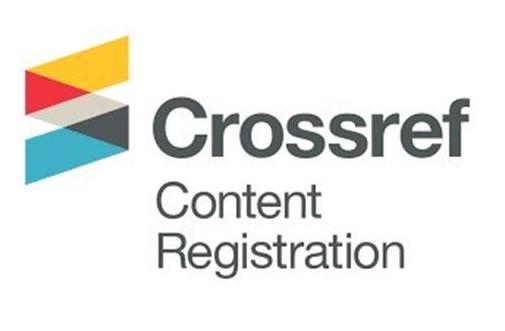The educational success of children in residential care, an untested feasibility?
DOI:
https://doi.org/10.34626/esc.vi56.29Keywords:
children in residential care, school failure, untested feasibility, pedagogical relationshipAbstract
Children in residential care are one of the groups most affected by school failure. The analysis of the school pathways of Portuguese students shows that the probabilities of educational success are crueler for these children. It also showed that the possibility of finishing a 12-year schooling is a reality that happens to very few. Since the situation of school failure and exclusion is especially serious, it is argued that the work of teachers, which is carried out not only from pedagogical practices and differentiated actions that can take into account the cultural and socio-economic differences that
often characterize these children, must also take into account the serious psychological and affective
problems that mark them. Thus, and using a theoretical framework of critical pedagogy and with the support of Paulo Freire, we argue that, against all expectations, the future of some of these children is revealed as being an “untested feasibility”. Based upon fieldwork of participative observation developed over several years, in a theoretical-methodological framework in which education is associated with socio-anthropology, this text intends to give an account of some examples of these “untested” from the critical analysis of experiences lived by these children.
Downloads
Downloads
Published
How to Cite
Issue
Section
License
Copyright (c) 2021 Daniela Ferreira, Ariana Cosme

This work is licensed under a Creative Commons Attribution-NonCommercial-ShareAlike 4.0 International License.
Authors retain copyright, without restrictions, in their articles and grant the journal right of first publication with the work simultaneously licensed under Creative Commons Attribution ShareAlike Licence 4.0 International (CC BY-NC-SA). Readers are free to copy, display, distribute, and adapt an article, as long as the work is attributed to the author(s) and ESC, the changes are identified, and the same license applies to the derivative work. Only non-commercial uses of the work are permitted.








